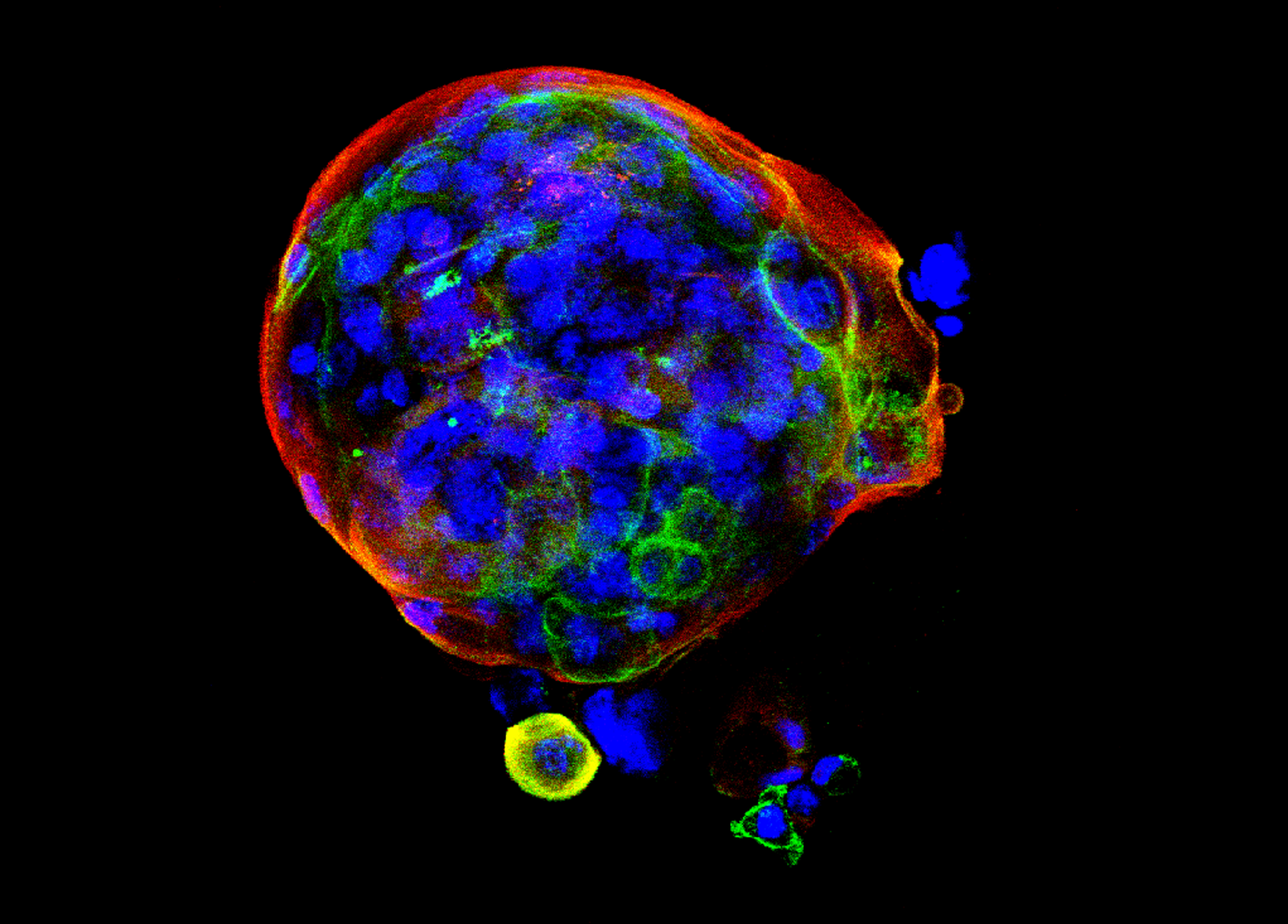TRIAL MIXED UNIT. Liquid biopsy and new biomarkers in tumour oncology and immunology. - Banco de Patentes
Back TRIAL MIXED UNIT. Liquid biopsy and new biomarkers in tumour oncology and immunology.
TRIAL MIXED UNIT. Liquid biopsy and new biomarkers in tumour oncology and immunology.

In 2018 the Príncipe Felipe Research Center signed a collaboration agreement with the Research Foundation of the Hospital General Universitario of Valencia for the constitution of the Research Unit TRIAL in Oncology and Tumour Immunology.
The liquid biopsy as a technological platform consists of taking peripheral blood for analysis through the use of advanced techniques: genomics, transcriptomics, proteomics, metabolomics, big data, etc, with the aim of determining the biomarkers that will serve to develop its full diagnostic potential.
One of the main advantages is that it is much less invasive than tissue biopsies, with the ability to diagnose tumours that, due to their size or stage of development, are inaccessible or undetectable. It provides a great advantage as a control of tumour development and its possible mutations, obtaining information from the cells that form cancer and their metastases, and monitoring molecular changes throughout the treatments.
Tumour cells release free circulating DNA, RNA or proteins related to their developmental stage into the bloodstream, representing specific detectable biomarkers. Therefore, liquid biopsy makes it possible to study the content that tumour cells discharge into the blood and to identify these biomarkers that will serve to carry out a diagnosis at the onset of the disease in all its successive stages, including the detection of resistance to the tumour to treatments, in real time.
The development and exploitation of a liquid biopsy platform will allow the detection and diagnostic use of new molecular biomarkers in cancer focused mainly on early diagnosis and the search for prognostic and predictive factors of response to treatments through different omic and immunoregulatory approaches. Cancer and tumour microenvironment so that immune status is characterized in different types of tumours that allow a better selection of treatments based on the modulation of the host's immune response




